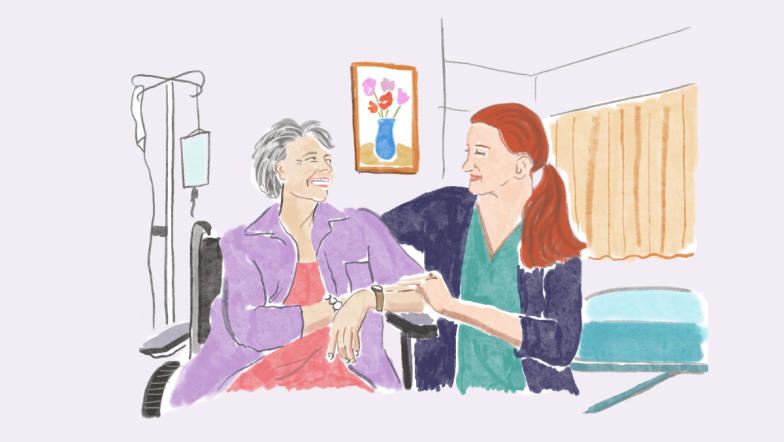Our evidence at the Parliamentary Inquiry into Victoria’s Criminal Justice System
20 Sep 2021
Justice Connect’s Cameron Lavery and Samantha Sowerwine have given evidence at the Parliamentary Inquiry into Victoria’s Criminal Justice System.
We know through running Victoria’s specialist legal service for people experiencing or at risk of homelessness for over 20 years that laws, policies and practices regulating public spaces negatively impact people experiencing homelessness. We also know that criminalising social and health issues compounds homelessness and further burdens an already stretched justice system.
The Inquiry presents a unique opportunity for Victoria to ensure that people are diverted away from the criminal justice system, and create better alternatives through more therapeutic approaches, and increased investment in housing with integrated supports.
We have 3 key recommendations for Victoria to prevent the criminalisation of homelessness, and to break the cycle between the justice system, prison, and homelessness:
1. Reduce reliance on the justice system in responding to homelessness
Many people experiencing homelessness face a greater risk of being fined or charged for minor offences related to their poverty and as a result of living their private lives in public spaces. Since launching our Homeless Law program in 2001, we have helped thousands of Victorians facing homelessness to resolve overwhelming fines and charges for what we call ‘public space offences’, including being drunk in public, begging and conduct on public transport.
To significantly reduce reliance on the justice system, we recommend that Victoria move towards more effective, service-based approaches including:
- Implementing a Victorian Protocol for People Experiencing Homelessness to facilitate a consistent and constructive approach that reduces unnecessary, enforcement-based interactions when people’s needs could be more appropriately supported by health, housing and other support services;
- Building on the Victorian Government’s leadership in abolishing the offence of public drunkenness as an opportunity to engage in a wholesale review of the Summary Offences Act (Vic) and decriminalise other public space offences, such as begging;
- Improving the fines system for people experiencing homelessness by making Fines Victoria’s enforcement review decisions final and binding, which would remove the majority of fines matters from the Magistrates’ Court.
2. Divert people experiencing homelessness out of the criminal justice system
For people exiting prison, access to social, health and legal supports is critical to reduce the likelihood of reoffending, and divert people out of the system as early as possible.
Based on our integrated practice model with a specialist criminal lawyer and social worker, we see 3 key ways to exit people out of the justice system:
- Create a specialised Homeless Court to provide a therapeutic response and intervene earlier to exit people experiencing homelessness into appropriate support services;
- Invest in integrated legal services to reduce the emergence of new legal issues and increase the potential for positive and long-term outcomes for clients; and
- Provide better access to diversionary programs such as the Criminal Justice Diversion Program.
3. Close the revolving door between prisons, the justice system and homelessness
Between 2010 and 2020, the number of people imprisoned in Victoria has grown by 57%, and over half of people in prison expect to be homeless on release. People who exit prison into homelessnes are twice as likely to return to prison within the first 9 months of release.
Drawing client and casework insights from our Closing the Revolving Door Prison Project, we see 3 priority opportunities to close the revolving door between prisons, the justice system and homelessness:
- Amend Victoria’s current bail laws to ensure that more people don’t end up in prison for minor offences;
- Create better alternatives to prisons through a more flexible, tiered and therapeutic approach to Community Correction Orders; and
- Increased investment in safe, suitable and affordable housing, with integrated supports.
If you or someone you know is experiencing or at risk of homelessness, and need legal assistance, you can apply for free legal help.


